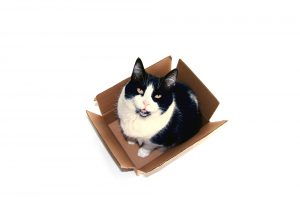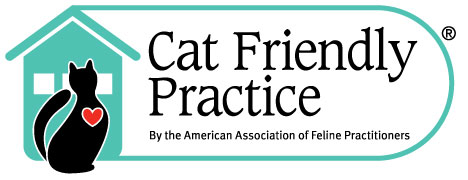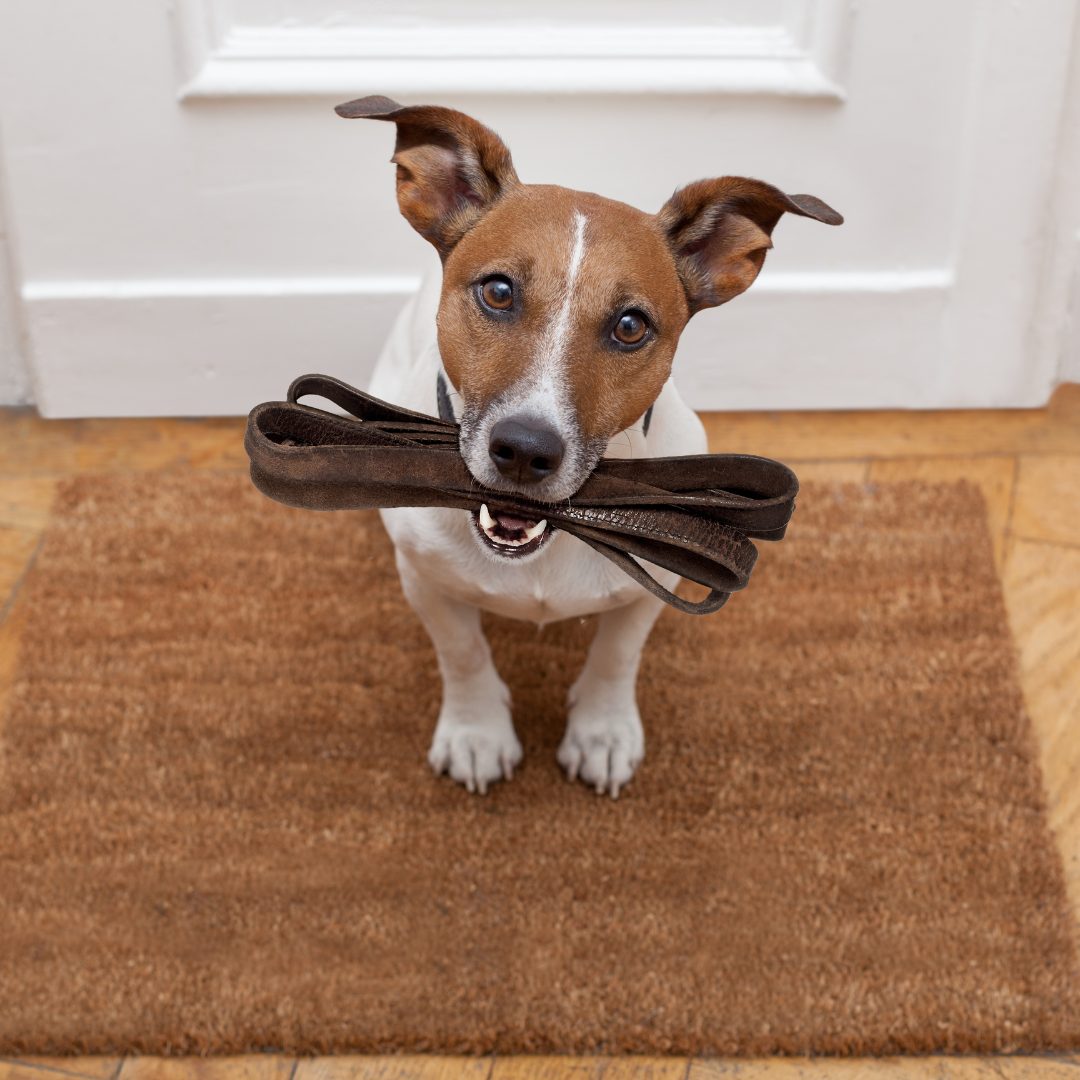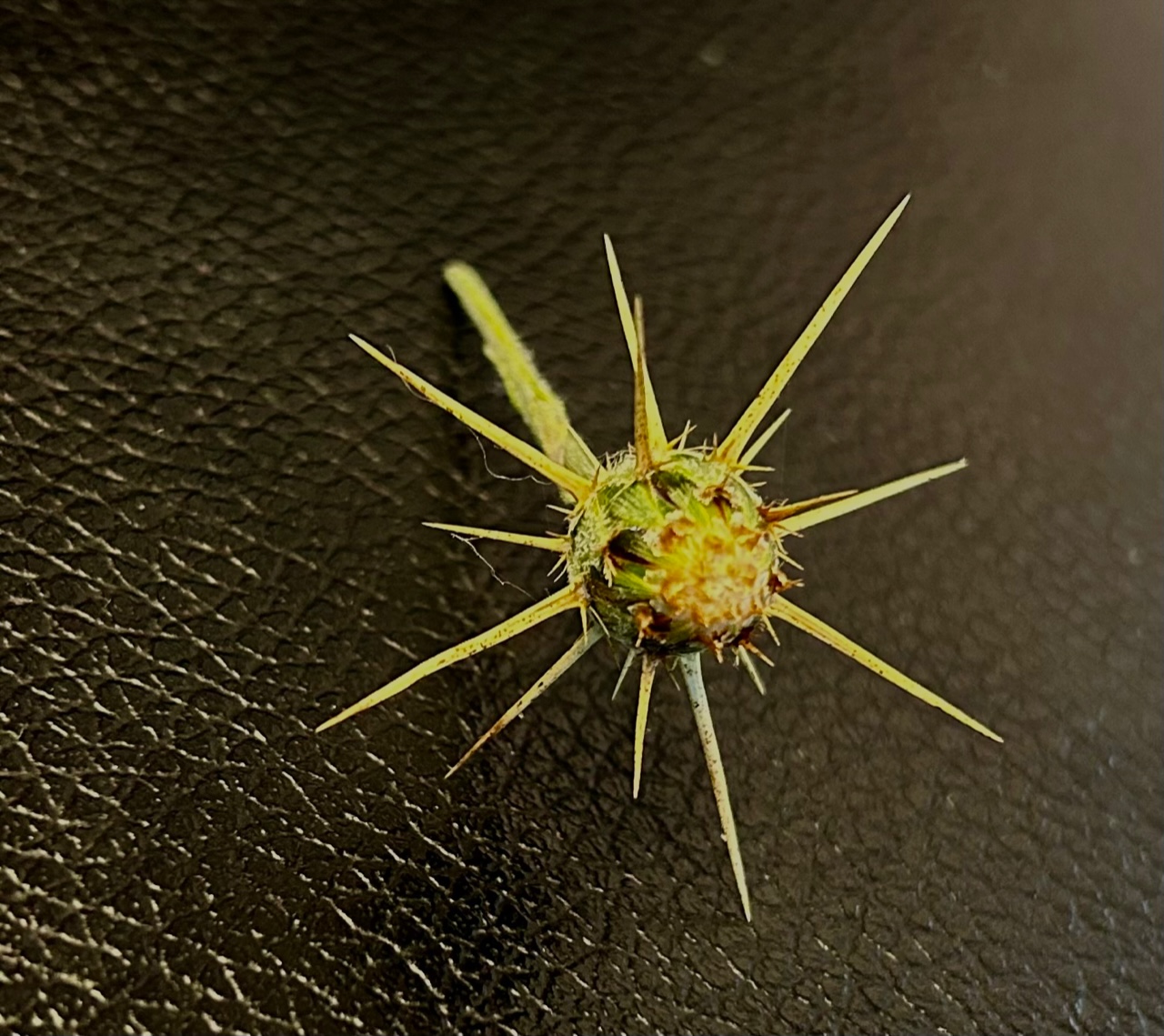Written by Bonnie Markoff, DVM, ABVP
One of the most common veterinary behavior problems we hear about at Animal Care Clinic is a cat who fails to use the litterbox. This most commonly manifests itself as urinating in inappropriate places, but sometimes in involves feces. There is no doubt as to why this is an extremely upsetting issue for cat owners!
 Oftentimes the problem is medical, not behavioral. Cats that produce large quantities of urine may need to “go” more often than you can clean the litterbox. This can happen to cats with diabetes, kidney disease, liver trouble or hyperthyroidism. Other cats will have pain or increased urgency associated with urination. This will happen with bladder infections, bladder stones, bladder tumors or a disease known as Feline Lower Urinary Tract Disease (FLUTD.) FLUTD is an inflammatory condition that comes and goes, often with stress related incidents. Cats with FLUTD often urinate in the bathtub, in purses or shoes or in other equally distressing locations. Cats that have diarrhea often have an urgency that doesn’t give them time to get to the box. Cats with arthritis may have a hard time just getting up and over the edge of the box.
Oftentimes the problem is medical, not behavioral. Cats that produce large quantities of urine may need to “go” more often than you can clean the litterbox. This can happen to cats with diabetes, kidney disease, liver trouble or hyperthyroidism. Other cats will have pain or increased urgency associated with urination. This will happen with bladder infections, bladder stones, bladder tumors or a disease known as Feline Lower Urinary Tract Disease (FLUTD.) FLUTD is an inflammatory condition that comes and goes, often with stress related incidents. Cats with FLUTD often urinate in the bathtub, in purses or shoes or in other equally distressing locations. Cats that have diarrhea often have an urgency that doesn’t give them time to get to the box. Cats with arthritis may have a hard time just getting up and over the edge of the box.
If your cats have all been thoroughly assessed medically and you still have a problem, then we need to look at behavior. Cats are extremely fastidious animals. They do not like dirty litterboxes, nor do they ever want to use a box that has previously been badly soiled. Imagine the worst gas station bathroom you have experienced – did you want to touch anything in there? Would you ever go back? Wouldn’t you rather hide behind a large towel and use the bushes? It is essential to keep your boxes clean. If a cat ever has serious diarrhea, consider getting rid of the box that they used and buying a new one for a new location.
Cats also have substrate preferences. Some cats like pine shavings. Others like pellets. Others prefer sandy litter or shredded paper. Experiment with different products to see what your cats prefer. Recognize that you might need a different type of litter for each cat. On that note, you also should have one more litter box than you have cats. (Wouldn’t a lot of human behavior issues be solved if we had one more bathroom than we had teenagers?) Cats can be territorial and may not want to use a box that another cat has used. Keep the boxes as far apart as is feasible. Be sure to have boxes in several areas of the house.
Be sure that every animal in the house is spayed or neutered. Both makes and females will mark territory. Cats usually do this by urinating on walls and other vertical surfaces. If you have an altered cat that is marking vertical surfaces, try spraying pheromones (Feliway, available at Animal Care Clinic) on the area they are marking. This can fool them into thinking they have already marked it.
If you are still having problems, it is time for a behavioral consult. Dr. Jennifer Evans at Animal Care Clinic is very interested in animal behavior and can utilize various medications to help your pets get over certain behavior problems. She can also help you to develop strategies to help your pets to better fit into your lifestyle.









Leave A Comment
You must be logged in to post a comment.